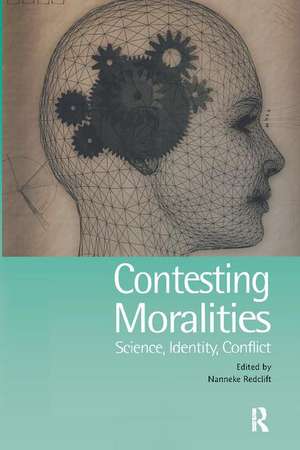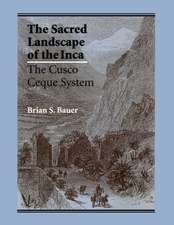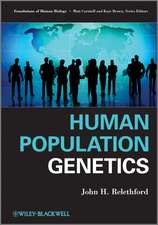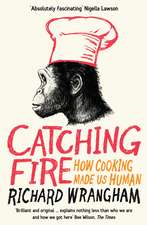Contesting Moralities: Science, Identity, Conflict
Autor Nannekke Redcliften Limba Engleză Hardback – 16 aug 2017
| Toate formatele și edițiile | Preț | Express |
|---|---|---|
| Paperback (1) | 425.26 lei 6-8 săpt. | |
| Taylor & Francis – 23 mai 2005 | 425.26 lei 6-8 săpt. | |
| Hardback (1) | 1014.74 lei 6-8 săpt. | |
| Taylor & Francis – 16 aug 2017 | 1014.74 lei 6-8 săpt. |
Preț: 1014.74 lei
Preț vechi: 1366.53 lei
-26% Nou
Puncte Express: 1522
Preț estimativ în valută:
194.17€ • 200.32$ • 162.04£
194.17€ • 200.32$ • 162.04£
Carte tipărită la comandă
Livrare economică 26 martie-09 aprilie
Preluare comenzi: 021 569.72.76
Specificații
ISBN-13: 9781138405196
ISBN-10: 1138405191
Pagini: 216
Dimensiuni: 156 x 234 x 18 mm
Greutate: 0.45 kg
Ediția:1
Editura: Taylor & Francis
Colecția UCL Press
Locul publicării:Oxford, United Kingdom
ISBN-10: 1138405191
Pagini: 216
Dimensiuni: 156 x 234 x 18 mm
Greutate: 0.45 kg
Ediția:1
Editura: Taylor & Francis
Colecția UCL Press
Locul publicării:Oxford, United Kingdom
Cuprins
Part 1 - Moral Rhetoric; Trauma, Guilt assujetetissement; War, space and the legitimacy of violence in Eritrea; Violent Moralities; Truth and Change: moral discourse among Protestants and Catholics in the Netherlands; Part 2 - Moral Exchange; The Importance of sameness; Configuring the moral in breast cancer genetics: the threat and promise of patented gene; Morality, risk and informed consent; Ethics as practice: the erpistemci and normative in implementing predictive genetic thinking; Part 3 - Moral Boundaries; Immoral pathways to citizenship; Contested knowledge, conflicting morality; Bread is first before everything; Held to account: dilemmas of responsibility and reproduction in Contemporary Britain; Moralities in Conflict
Descriere
Questions of public and private morality, values and choices have become important areas of collective discussion. A key feature of this book is that it takes an ethnographic rather than a philosophical or speculative approach to moral debates.













